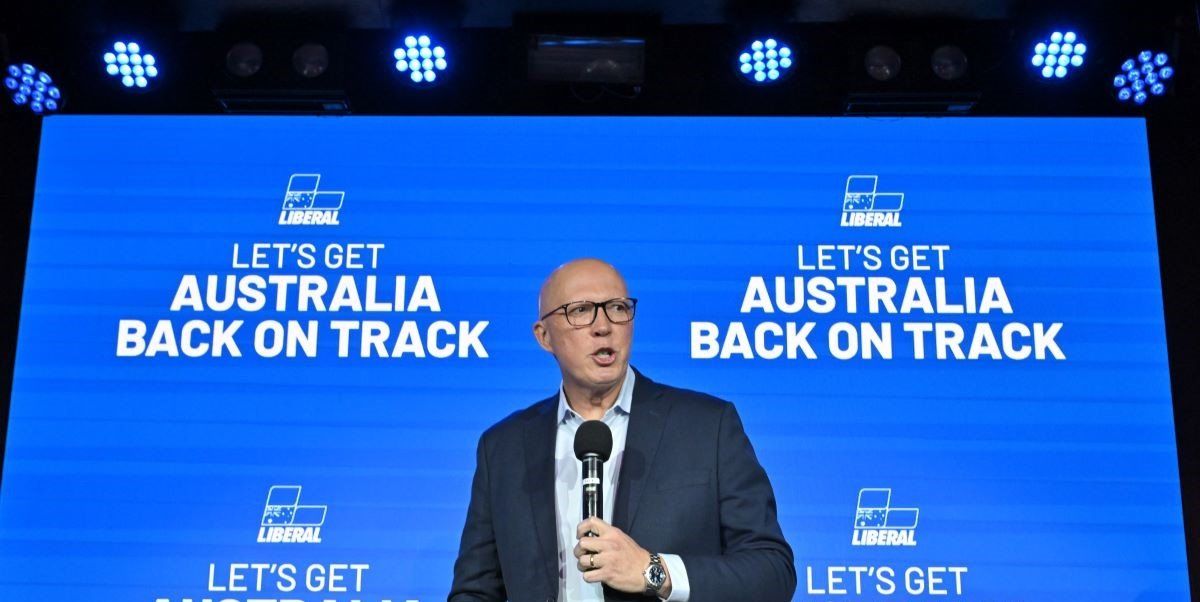Voting is underway in Australia’s May 3 federal election, with Prime Minister Anthony Albanese seeking a second term for the Labor Party. His main challenger is Peter Dutton, leader of the center-right Liberal Party and the broader Coalition since 2022.
Background: This marks the first national election since Labor ended nearly a decade of conservative rule in 2022. In office, Albanese has pushed through major climate reforms and balanced growing economic ties with China against its expanding influence in the region.
The top concern for voters is the rising cost of living. Both parties have made expensive — and likely unrealistic — campaign promises, such as tax-deductible work lunches and reduced student debt. The Liberal Coalition’s plan to build seven nuclear power plants has also drawn scrutiny, as Australia moves away from coal and both parties remain committed to net-zero carbon emissions by 2030.
Global politics are playing a role too. Nearly half of Australians list uncertainties around Donald Trump as one of their top concerns. This has led Dutton, accused of using rhetoric resembling Trump’s, to soften his tone. Australia’s relationship with Beijing is also under a microscope, with Dutton pushing for a tougher stance on China.
Polls suggest Labor is favored to win, either outright or through a minority government. We’ll be watching whether Albanese’s steady, centrist approach still appeals to Australians facing economic strain and global instability.
